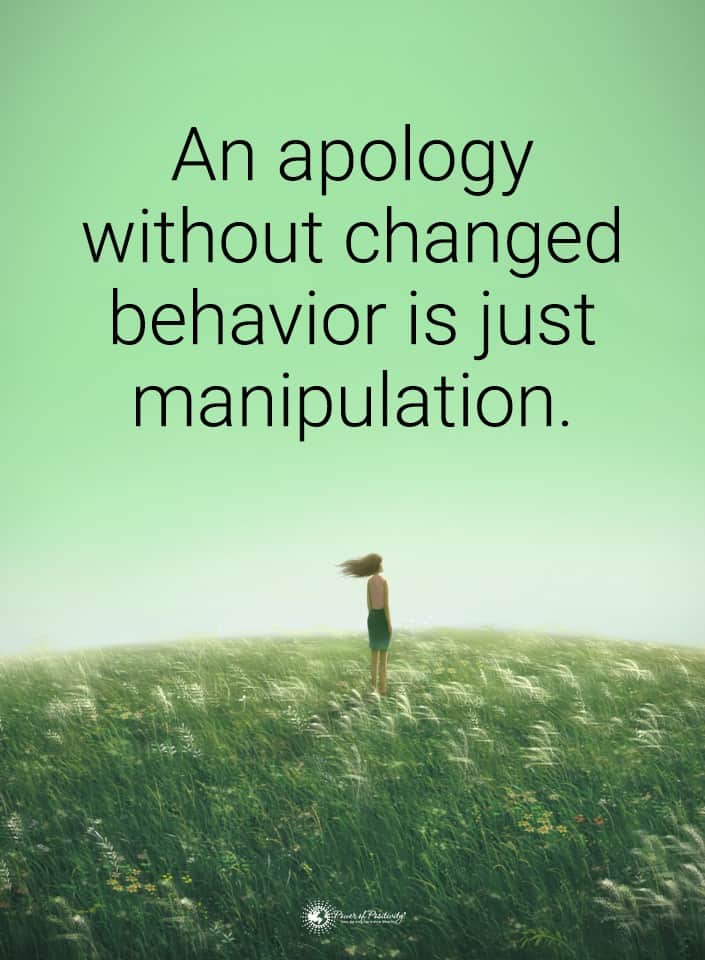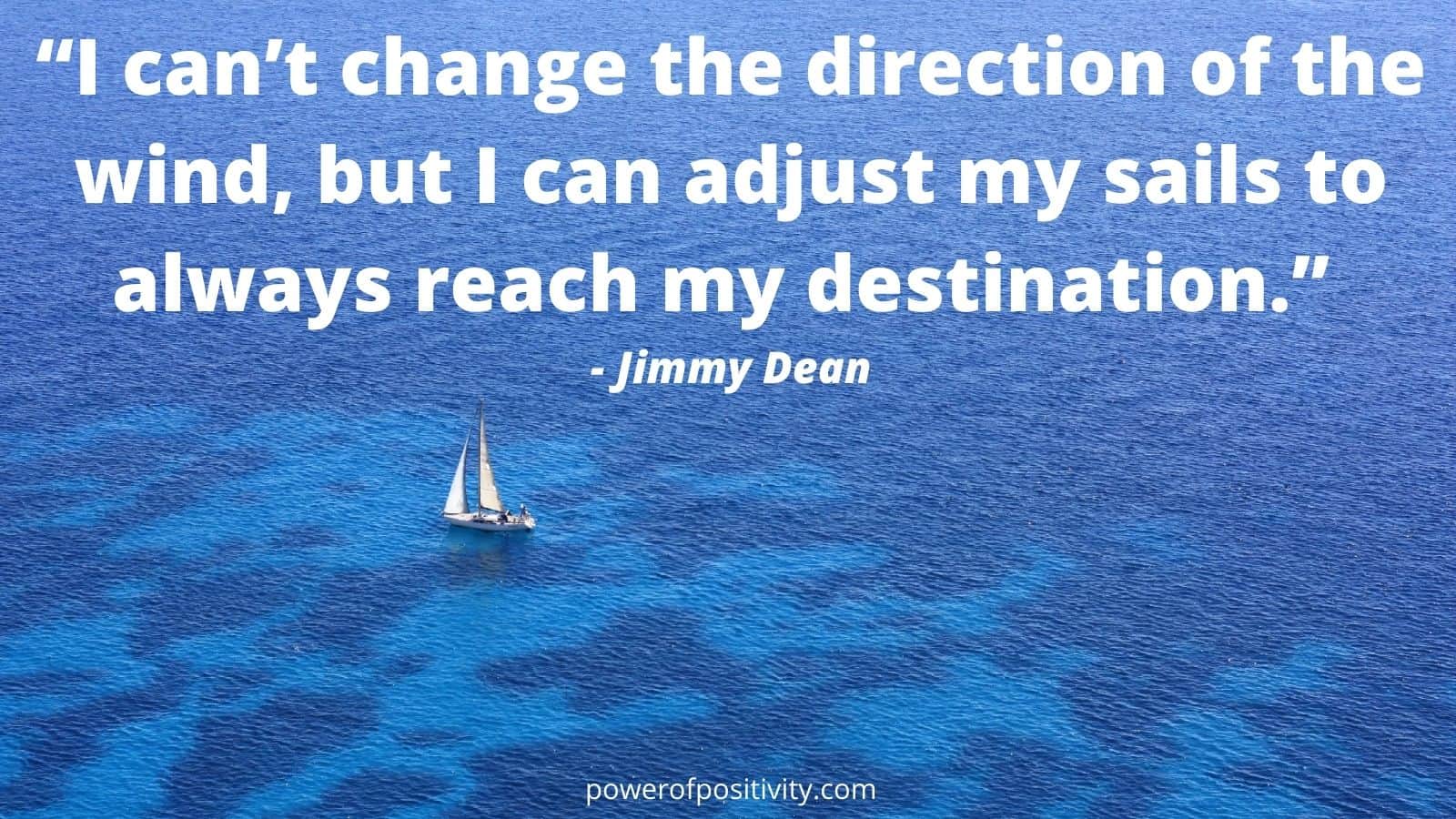Relationship struggles happen with every couple from time to time, but they don’t have to make your relationship spiral out of control. It’s important to stay calm during conflict so that both people hear each other out and come to a compromise. You might think that never fighting points to a healthy relationship, but experts say the opposite is true.
One study found that over 14 years, couples who argued often had the least likelihood of getting separated. The study followed 79 couples across the Midwest and found that the healthiest couples clashed and reconciled immediately afterward. So, don’t think that arguing a lot signals a strained relationship. It may strengthen your bond, depending on how you react after the argument.
Here are 12 ways to stay calm during relationship struggles:
Below, we’ll go over a few easy tips for remaining calm amid a disagreement. Remember, arguing is normal, and how you respond to your partner makes all the difference.
1 – Don’t expect perfection.
Many good, solid relationships fail because of unrealistic expectations. By expecting perfection from your partner, you never give them the freedom to make mistakes. They won’t feel comfortable in the relationship because of the impossible standards you’ve set for them. When you have relationship struggles, remember that both of you likely contributed to the problem.
This way, no one will get all the blame for the issues, and you can talk openly about your feelings. Of course, if you did nothing wrong, you have nothing to feel sorry for. If it was indeed on your partner, remember that they’re only human and likely didn’t purposely hurt you.
2 – Listen first, respond after.
Sadly, many people react without actually listening to someone’s point of view. However, make sure to stay calm and give your partner the chance to talk. You will learn more this way and perhaps understand why they reacted a certain way. Listening makes up a massive part of a successful relationship. Studies have shown that those who actively listen have better relationships.
What is active listening, exactly? It usually consists of the following:
- Put away your cellphone or any other distractions.
- Maintain eye contact with your partner
- Restate or summarize what they’ve said for clarity
- Acknowledge that you’re listening by saying “Mmm-hmm” or “yeah” occasionally.
- Have empathy and understanding for your partner.
- Most importantly, listen to understand wholly, not to reply.
3 – Try to remember you’re a team.
Don’t look at your partner as the enemy; instead, look at the problem you face as the real opponent. In relationship struggles, it’s easy to blame your partner for everything. However, this won’t get you any closer to solving the issue at hand. For any problem you face, you’ll want to stay calm and actively brainstorm on a resolution together.
4 – Keep in mind that every relationship has ups and downs.
Don’t get discouraged when you and your partner have disagreements; these will come up in any healthy relationship. Life does not come complete with an instruction manual. Indeed, you’ll face tons of challenges along the way. However, learning how to tackle problems as they arise helps you become stronger as a couple.
Of course, if a relationship goes through more bad times than good, you may want to reevaluate where you stand with them. Perhaps they haven’t been pulling their weight or have an overly negative attitude. As long as you work together and put in equal effort, you can get through anything.
5 – Don’t say anything you’ll regret later.
In the heat of the exchange, you may get a case of word vomit and say a few things you don’t mean. It happens from time to time. But if you wish to smooth things over easier, try to take a few breaths before you speak. Nothing good comes from anger, including lashing out at your partner during a disagreement.
Take time to formulate a response before you say anything because this can prevent a lot of heartaches and hurt feelings.
6 – Walk away for a few minutes to stay calm.
If taking a few breaths doesn’t work, you may need to walk away and get some fresh air. Or even revisit the topic later that day or the next day if you need to. Never put yourself in a situation where you don’t think you will have control over your response or reaction. This will only cause hurt to your partner and perhaps damage your relationship in the long-term.
 7 – Put yourself in your partner’s shoes.
7 – Put yourself in your partner’s shoes.
Sometimes, the best way to overcome relationship struggles involves a hearty dose of empathy. If you want to resolve a problem, try to get inside your partner’s head. Where are they coming from? What can you learn from their side of the story?
You always want to approach relationship struggles as a team rather than you vs. them. You will only cause more strife and turbulence by trying to get your way or discarding their feelings.
For example, if your partner didn’t come home in time for dinner, they probably have a perfectly reasonable explanation. They may have gotten tied up at work or had a flat tire. Make sure to hear them out and get their side of the story before you react.
8 – Remember the positives of your relationship.
Many people ruin a perfectly good relationship by focusing too much on the negatives. In fact, according to the Gottman Institute, contempt in marriage is one of the most significant predictors of divorce. An excerpt from an article on the book’s website states:
“After watching thousands of couples argue in his lab, he was able to identify specific negative communication patterns that predict divorce. He called them The Four Horsemen of the Apocalypse, and they are criticism, contempt, defensiveness, and stonewalling.
Contempt is the most destructive of The Four Horsemen because it conveys, “I’m better than you. I don’t respect you.” It’s so destructive that couples who are contemptuous of each other are more likely to suffer from infectious illness than couples who are not scornful of each other. The target of contempt feels despised and worthless.”
However, even if you have a pattern of talking down to each other, you can always reverse this behavior. Relationship struggles can take a toll on a couple, but you can overcome them by recalling positive aspects of your relationship. Think back to when you first met and remember why you love your partner. If you can revive the fondness and admiration, you feel for each other. You’ll approach problems as a team.
9 – Put your partner’s happiness first.
Sadly, many people look to others to fill a void within their hearts, but this can quickly drain the other person. Of course, you should have a partner who makes you happy, but your relationship shouldn’t be primarily self-serving. In other words, you should want to make them feel fulfilled and put their needs first. If you both can do that for each other, you’ll have a higher chance of a successful relationship.
People who only think about their personal needs often end up jumping from one relationship to another. If you want a relationship, it takes a lot of sacrifice and selflessness to make it work. Sometimes, you must be willing to put aside your desires to make your partner happy.
10 – Practice mindfulness.
To stay calm during relationship struggles, you should remain mindful and present. Don’t recall old arguments and mistakes, and hold them over your partner’s head. This will only add more fuel and fan the fire and make your partner resentful or unwilling to discuss things with you. Tackling only the problem at hand makes it easier to smooth things over, and you’ll have the mental focus necessary to do so.
11 – Be open to being wrong sometimes.
You can’t be right all the time, especially in a relationship that requires humbleness and vulnerability. If you want a successful partnership, you’ll have to have an open mind and admit when you’re wrong at times. Focusing more on overcoming the issue instead of having to be right will ensure success in the problem getting solved.
12 – Don’t make assumptions about your partner.
Your partner may not be giving 100% lately, which makes you feel resentful and neglected. However, try to put yourself in their shoes– don’t assume they don’t care about you. Maybe they have a lot going on in their life, and asking them about it opens the floor for a heartfelt discussion. Not sure what’s on your their mind? Ask them–their inattentive behavior might be an outcry for help.
 Final thoughts on how to stay calm in relationship struggles
Final thoughts on how to stay calm in relationship struggles
Every relationship goes through phases, and it won’t always feel like the best time of your life. Anyone in a long-term relationship knows it takes enormous sacrifice and understanding to make things work. However, if you can apply some of the tips we’ve listed above, you can get through any relationship struggles that arise.




















